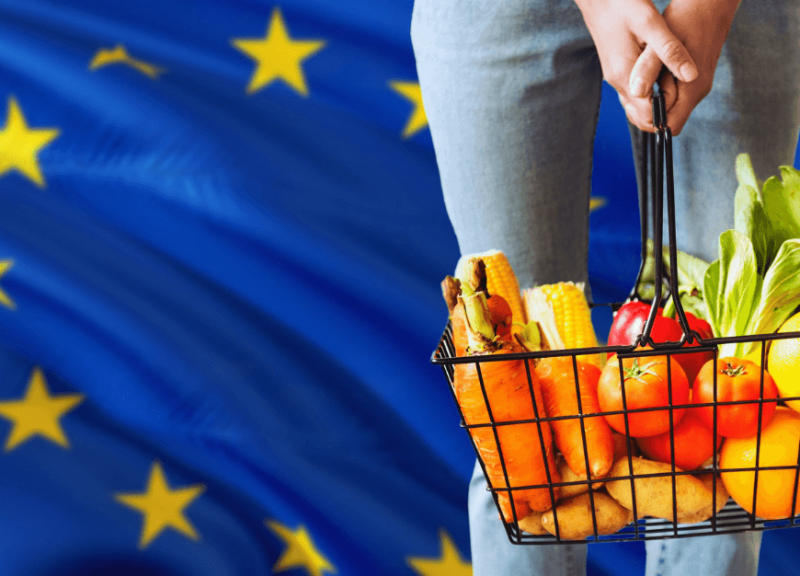Henning, Professor of Agricultural Policy at Kiel University’s Faculty of Agricultural and Nutritional Sciences, points out, however, that this could also lead to opportunities for all sides. For instance, the full Farm to Fork measures reinforced ecosystem services, such as climate and water protection, in all EU member states and at the same time even increased the income generated by EU farming by up to €35 billion per annum.
“From the viewpoint of the consumers, the Green Deal pays off so long as the benefit of increased climate and water protection and increased biodiversity is greater than adjustment cost of €157 per capita per annum,” said Henning. The calculated adjustment cost of €157 is equivalent to 0.3 percent of per capita income in the EU.
In fact, the study estimates that EU consumers would have to pay up to 10 percent of their per capita income for the full implementation of the Green Deal goals. This implies demand potential for agricultural ecosystem services of approximately €320 billion or €715 per capita per annum.
According to the study, this potential is not yet fully realised in the current implementation of the Farm to Fork strategy. In particular, it states that the package of measures does not yet achieve the desired positive effect on the climate globally: “The forecast reduction in greenhouse gas emissions through a reduction in European agricultural production is completely cancelled out by an increase in greenhouse gas emissions outside the EU as well as by changes in land use in the EU,” said Professor Christian Henning.

Other individual Farm to Fork measures based on one-off funding for specific production techniques – such as “Organic Farming” according to EU directives – are not cost-effective, according to the professor. This means there are other measures that could generate more ecosystem services at lower costs, said Henning.
In addition, the planned implementation according to production and consumption structure results in a heavily asymmetrical distribution of costs and benefits between EU countries as well as within the farming sector between animal and crop producers. This makes common political agreement at EU level more difficult.
In summary, Professor Henning said:
In principle, the Farm to Fork strategy offers potential for farmers and the whole of society. However, accessing this potential requires the implementation of innovative agricultural policy. A bureaucratic provision for specific technologies is not practical as it inhibits or sets the wrong incentives for businesses. Conversely, the market alone also leads to the wrong incentives as important ecosystem services like climate and water protection cannot be adequately rewarded via the market. We need political control mechanisms that translate social needs into the right incentives for farmers. At the same time, incentives should be created so that consumers consume sustainable and healthy food without creating excessive waste.
Science has already developed the first innovative solutions, now it is policy-making above all else that needs to implement these solutions effectively.
Christin Beeck is the Digital and Science Communication Press Contact for Kiel University.
A version of this article was originally posted at the Kiel University website and is reposted here with permission. Kiel University can be found on Twitter @kieluni































